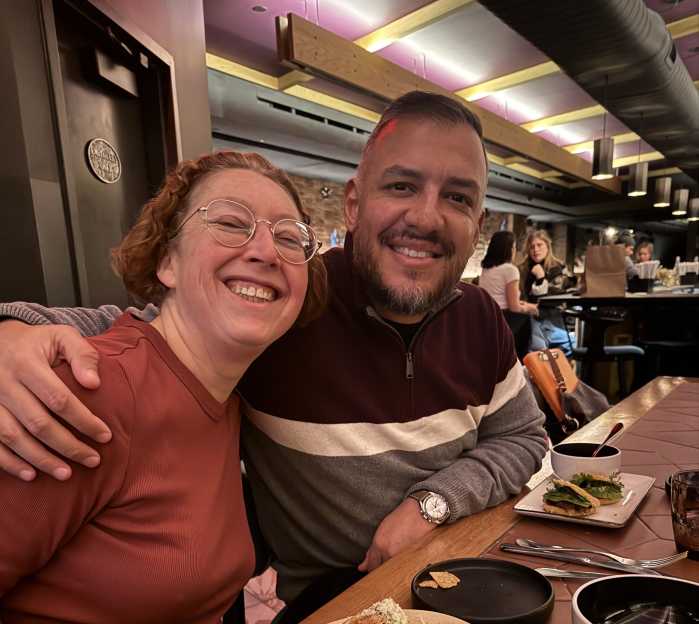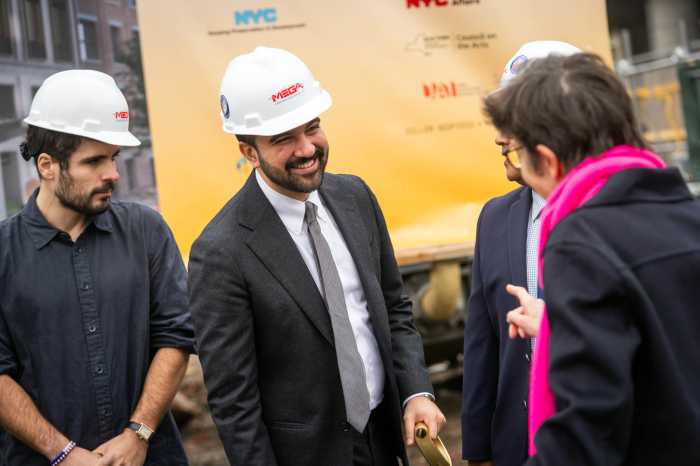A Queens councilman is continuing his crusade against pesky robocalls by calling for legislation to combat the incessant problem.
Last Wednesday, Councilman Paul Vallone introduced a resolution calling on Congress and the New York State Legislature to pass the Federal TRACED Act and New York State legislation S.3297A/A.675 respectively. The bills would establish measures to protect consumers from the ever-growing robocall issue, which has increased by 57 percent this year according to the Federal Communications Commission (FCC).
“The proliferation of robocalls presents a real threat to the privacy and quality of life of New Yorkers, and telling us to just ignore these invasive phone calls is an unacceptable response,” said Vallone. “We cannot sit idle while telecommunication companies fail to offer call mitigation technology to their customers.”
Under the TRACED Act, parties who commit criminal robocall violations would incur forfeiture penalties and voice service providers would be required to implement a call authentication framework.
State legislation S.3297A/A.675 would protect consumers by banning unsolicited robocalls, empowering the attorney general to enforce these violations and allow for civil penalties, authorizing New Yorkers to sue robocallers and require telephone providers to offer consumers free technology to block robocallers.
“Passing these pieces of legislation would give residents much needed relief from this form of harassment, which has become a daily occurrence for so many. I urge our federal and state representatives to take action on this issue, and I will continue looking for ways to combat this intrusive trend on a city level,” Vallone said.
YouMail’s Robocall Index reported that over 5.2 million robocalls were placed in the United States in March and nearly half of the calls were scams. The generated calls come from numbers in countries like the Virgin Islands and Lithuania, while other “spoofed” numbers mimic local phone numbers to trick the recipient.
On May 3, the FCC warned consumers about “one ring” scam calls, where scammers execute repeated one ring phone calls in hope that the consumer calls back. The calls back to the scammer run up big tolls that are largely paid to the scammer. The agency advised consumers not to call these numbers back and to file complaints to the FCC.
Currently, Vallone is working with the Mayor’s Office of the Chief Technology Officer to see which TRACED Act feature could be implemented on the city level. The councilman is also exploring the potential for additional privacy legislation.
































